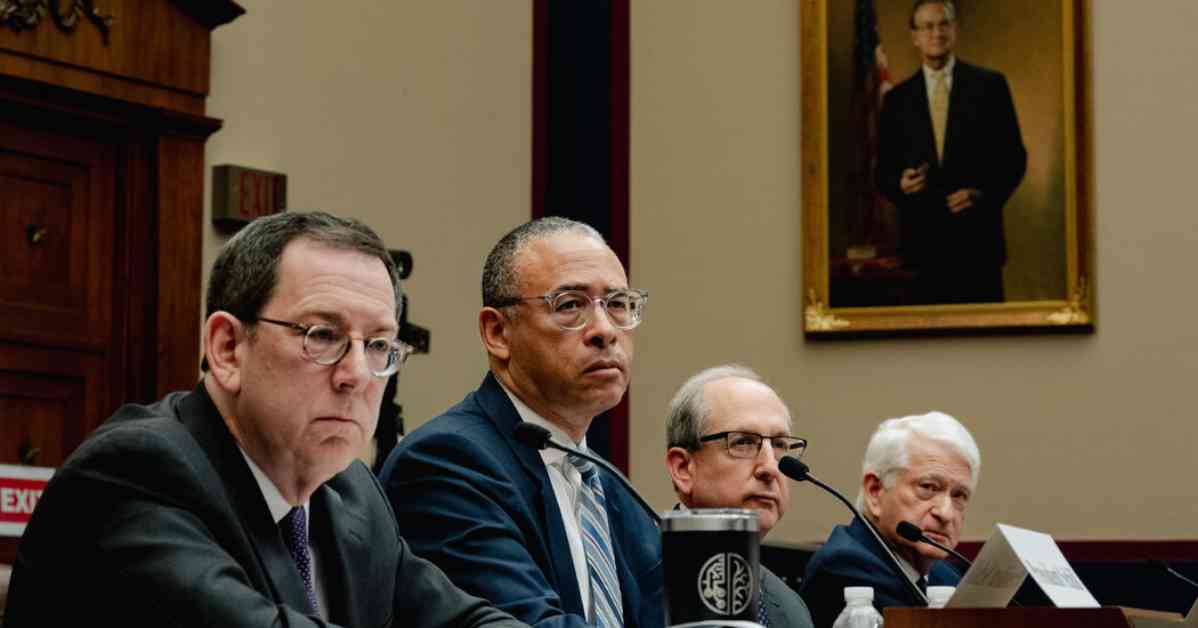House Republicans recently called for discipline of student protesters during a heated House hearing, raising concerns about the handling of demonstrations on college campuses across the country. University leaders from Northwestern, Rutgers, and UCLA were summoned to appear before the committee, facing tough questions about their response to pro-Palestinian protests in the wake of the Israel-Hamas conflict.
Challenging Conversations
During the hearing, Republicans used strong language such as “violence,” “hijacking,” and “chaos” to describe the actions of student protesters on campus. They pressed the university leaders on why so few protesters had faced disciplinary action, displaying videos and documents to emphasize their point. The atmosphere was tense as the leaders defended their institutions’ commitment to due process, appropriate penalties, and the establishment of task forces to address the situation.
Representative Elise Stefanik, a Republican from New York, challenged Michael Schill, President of Northwestern University, on the handling of the protests. The exchange highlighted the divide between lawmakers seeking accountability and university officials navigating complex campus dynamics.
Lessons Learned
The university leaders appeared to have learned from previous hearings and sought to tread carefully to avoid further inflaming tensions. They acknowledged past mistakes and pledged to take stronger action against antisemitism while also pushing back against accusations leveled against them. This delicate balancing act reflected the challenge of addressing sensitive issues while upholding principles of free speech and academic freedom.
As the third congressional hearing on the matter unfolded, it became clear that both sides were engaging in a high-stakes debate over the boundaries of student activism and the responsibilities of higher education institutions. The clash of perspectives underscored the complexities of navigating political tensions on campus and the broader implications for academic freedom and civil discourse.
Implications and Path Forward
The House hearing shed light on deep-seated tensions surrounding student protests and campus activism, raising questions about the appropriate response to controversial demonstrations. While Republicans called for stricter discipline of protesters, university leaders emphasized the importance of upholding free speech rights and fostering a diverse range of viewpoints on campus.
Moving forward, it remains to be seen how colleges and universities will navigate the challenges posed by student activism in an increasingly polarized political climate. The delicate balance between protecting academic freedom and ensuring campus safety will require ongoing dialogue and collaboration between lawmakers, university administrators, and student activists.
In conclusion, the House hearing on discipline for student protesters highlighted the complexities of addressing campus activism and the competing demands facing higher education institutions. As the debate continues, it is essential to uphold principles of free speech, academic freedom, and due process while also addressing concerns about safety and respect on campus. The path forward will require thoughtful engagement and a commitment to fostering a campus environment that values diversity, inclusion, and robust debate.
